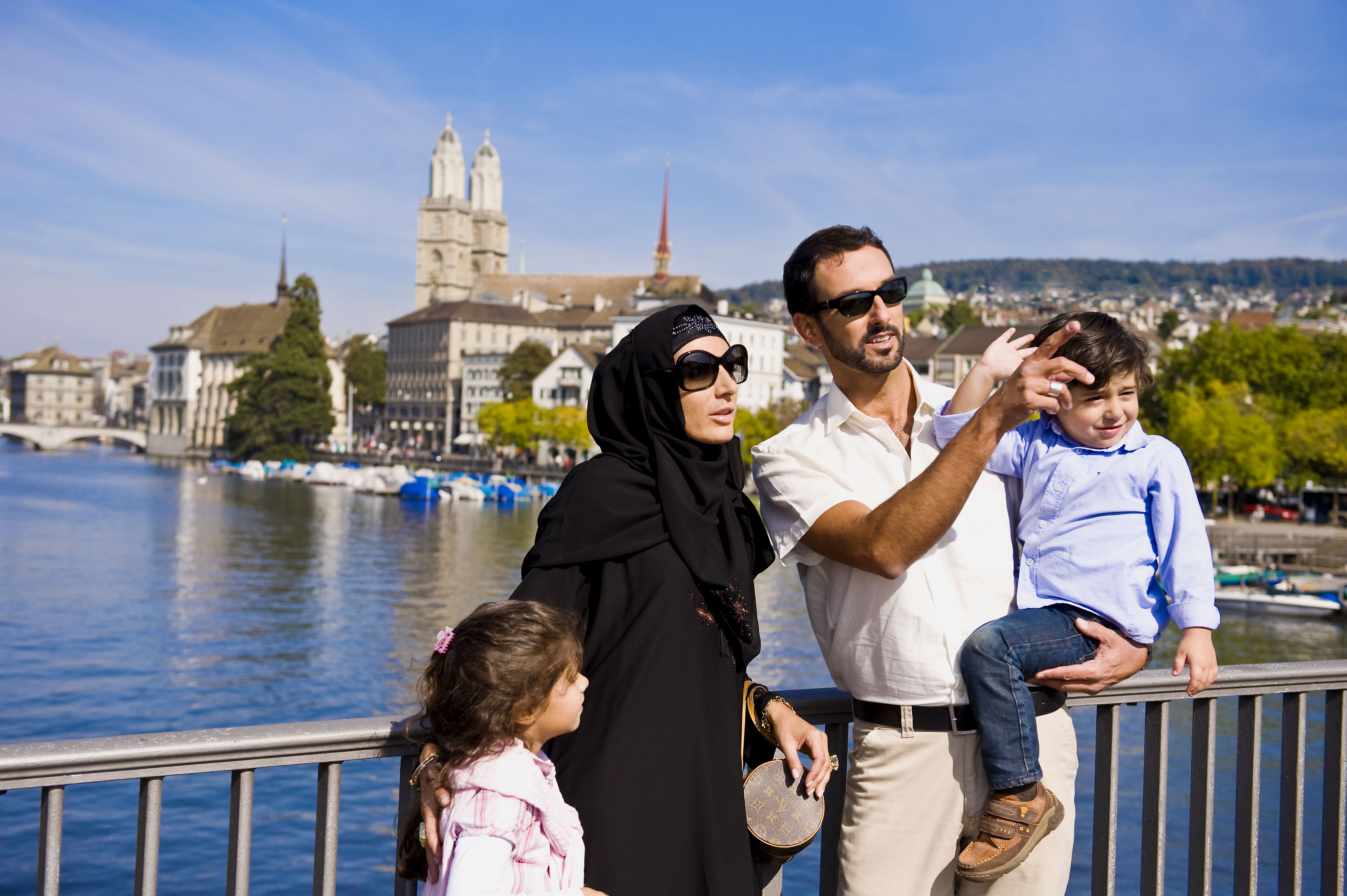Author: Esther Grob
Zürich Tourism is a non-profit marketing organization which promotes tourism for leisure and business travellers for the city and region of Zürich in the local Swiss and 19 other international target markets. In their marketing strategy, the brand Zürich shall be strengthened with common focused messages and advertising in the local and the international markets. The integrated brand management is a part of all marketing activities. The destination is positioned under one claim as an authentic Swiss city with the unique combination of nature, culture and urbanity.
UNWTO’s tourism 2020 vision forecasts shows that international travel arrivals are expected to reach nearly 1.6 billion by the year 2020. Of these, worldwide arrivals 378 million will be long-haul travellers and the arrivals by region shows that Europe will be one of the top incoming ones.
As a European destination, this forecast shows Zürich the immense potential of future international customers. The so-called emerging markets like GCC, Brazil, India, Russia and China are nowadays already the fastest-growing groups of travellers to Zürich. But the local Swiss market is the largest and most important market with a share of 23% and will remain so in the nearest future.
So how does a tourism organization communicate within this global target group today and in the future? Adapt the campaigns and advertising from the local market to all the different international ones or not adapt? Where is the focus without losing the brand and product awareness of an authentic Swiss travel destination?
As mentioned in the article «Applications to global branding and advertising strategy and research» of Marieke de Mooij and Geert Hofstede, advertising needs to be adapted to the culture of the customer. This could include standardising advertising for efficiency and/or cost reasons, or adapting to local habits and consumer behaviors.
Geert Hofstede’s defined dimensions investigated the influence of culture and social environment. This model is also very interesting for the tourism industry, as it is possible to deduce from it the main motivations and customs of travel for different nationalities. So it is important for a tourism board to successfully run international campaigning and advertising in accordance with the social and cultural circumstances while retaining their local authenticity as this is their product.
Campaign examples:
- Leisure campaign local Swiss market
- General advertising picture market Gulf Countries:
Photo: Zurich Tourism/Nikkol Rot
